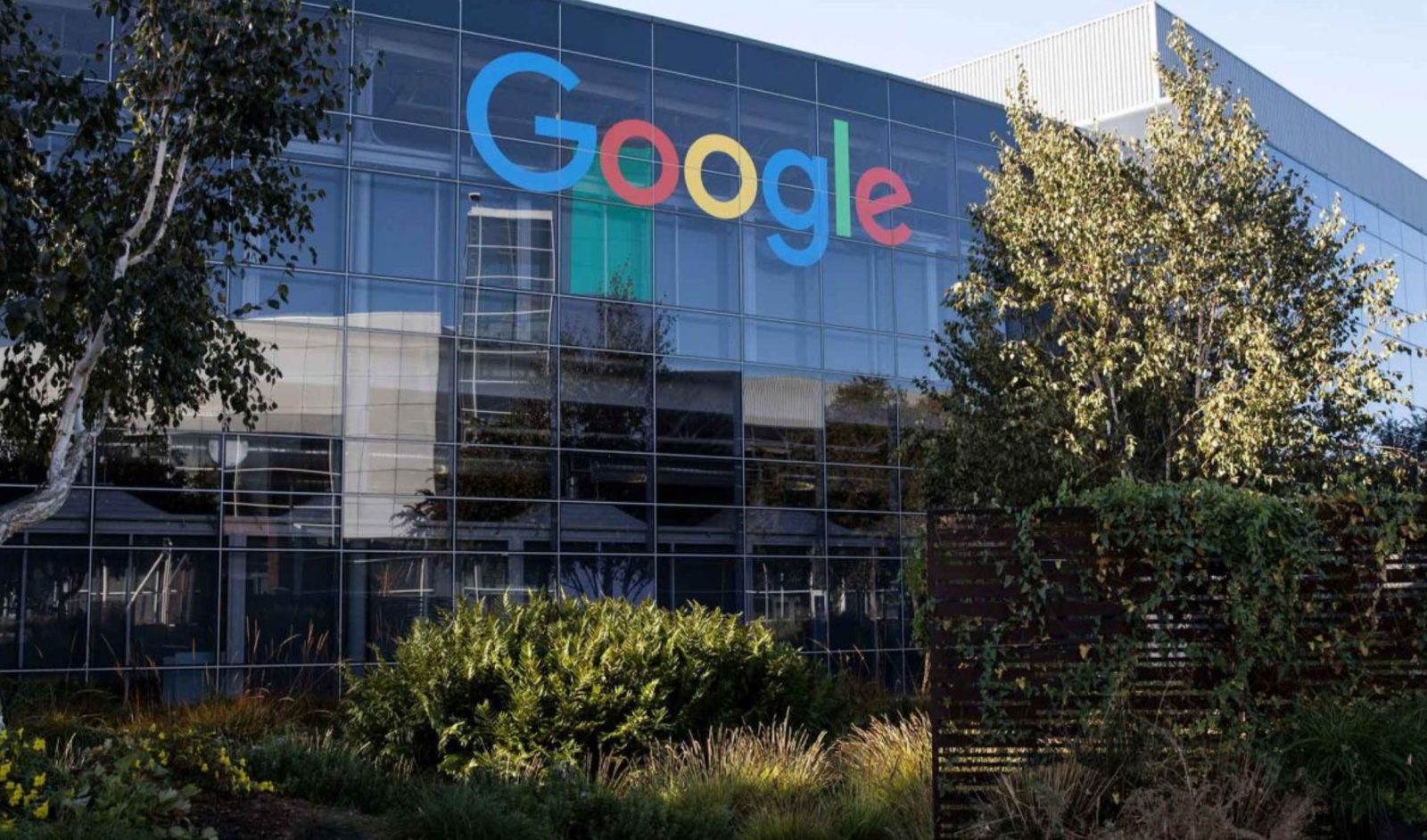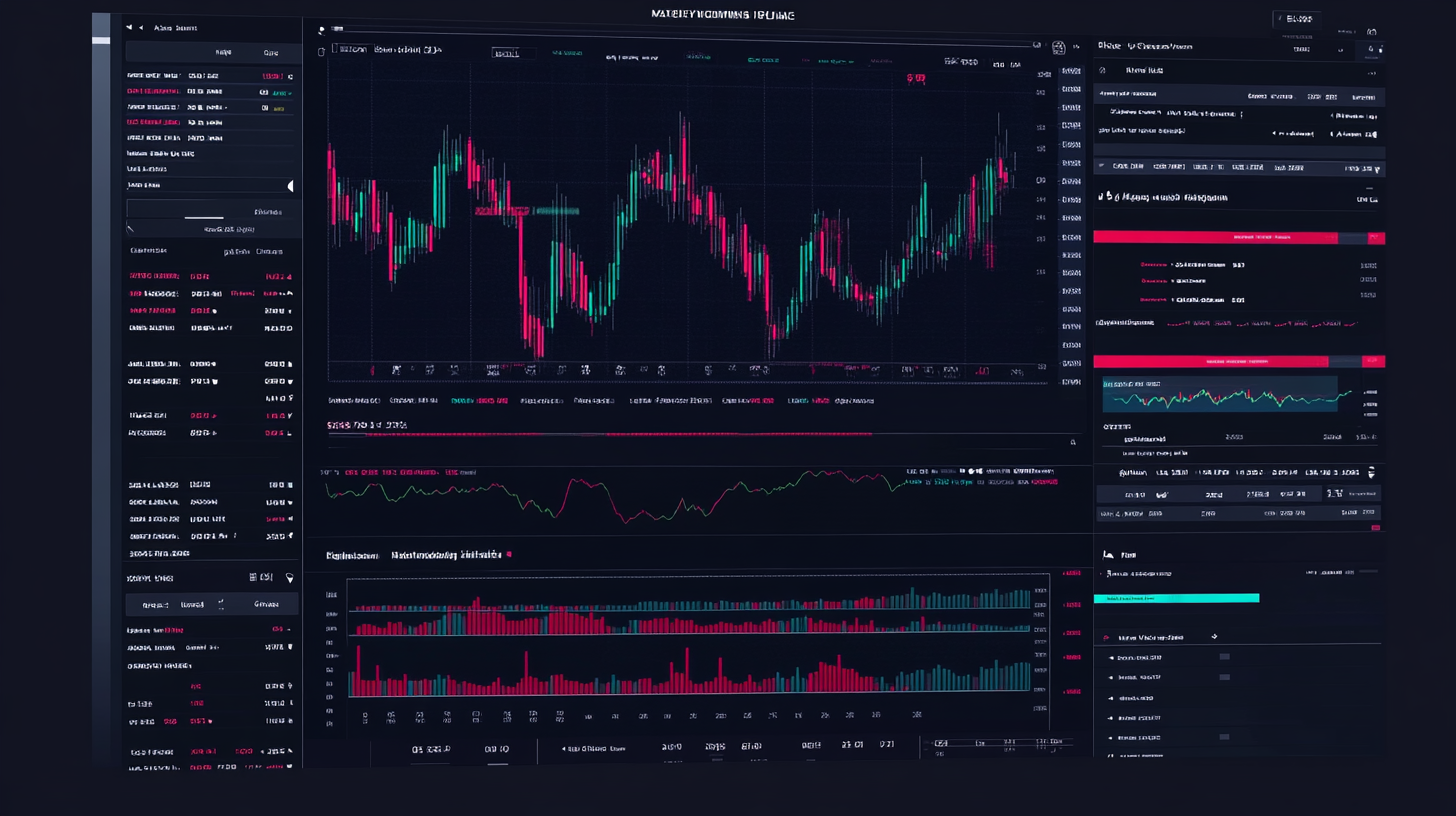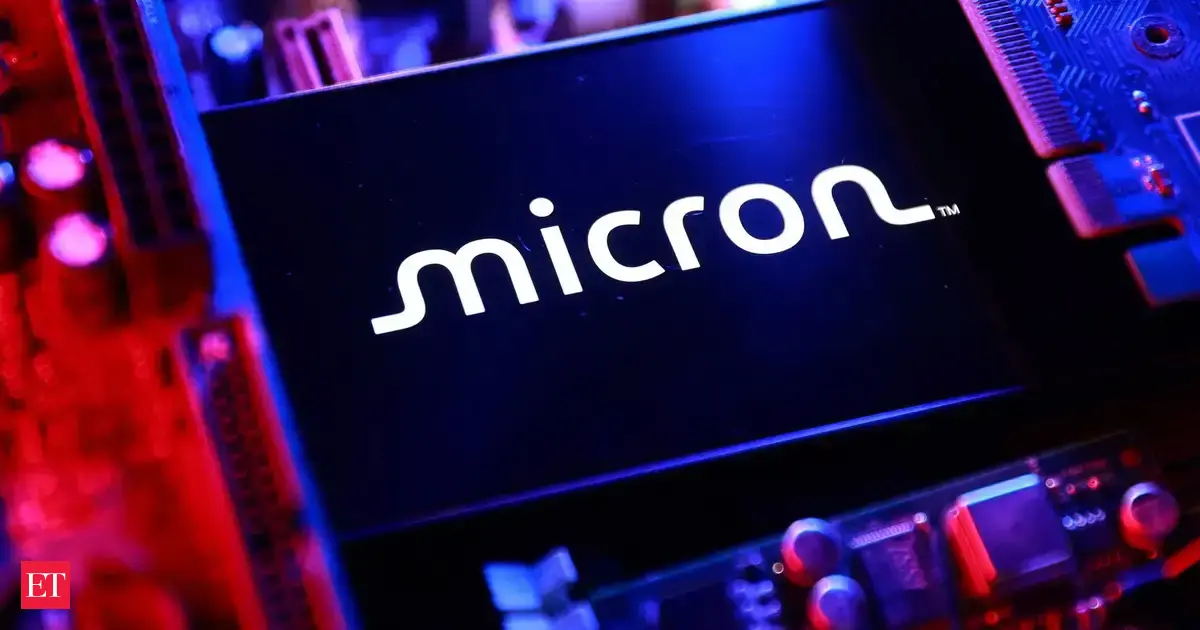Google Sparks Backlash After Firing Hundreds Of AI Workers Amid Disputes Over Poor Pay, Stressful Work, And Labor Rights

This year so far has revolved around AI growing rapidly and the technology expanding extensively, making tech companies entirely restructure their organizations. The growing focus on technology, however, comes with a cost, and many companies have laid off several of their employees to direct resources to artificial intelligence. Google is focused on improving its offering as well, which includes Gemini and AI Overviews; however, unlike other tech giants, it seems to be pivoting in a different direction by laying off hundreds of Google AI workers amid conflict over poor working conditions.
Google AI workers fired amid growing tensions over labor rights and poor working conditions
Google is also pushing ardently to dominate the artificial intelligence market, and these efforts are now being met with controversy, not because of the products brought forward, but because of how the team behind them is treated. As per a recent Wired report, more than 200 contractors who supported Google’s AI projects, including Gemini and AI Overviews, were laid off in August without any prior notice. These employees were hired through outsourcing firms and played a vital role in escalating Google’s AI efforts.
The responsibilities of the staff members included analyzing the AI responses, rewriting them, rating the content, and providing feedback to ensure the systems are operating seamlessly and accurately. Despite their important contributions, many faced pay disparities and poor working conditions. The super raters employees hired through GlobalLogic, for example, were paid $28 to $32 per hour, and contractors that did similar work received a different pay that ranged from $18 to $22. Several employees claimed that they had no job security and access to non-fringe benefits.
It seems like tensions escalated further when employees started showing frustration over these working conditions and started considering unionization efforts. These efforts, however, did not sit well with Google, which left warnings for employees who used social platforms to discuss work conditions. Shortly after, abrupt firing began, and when one of the employees asked about it, he was given a vague statement regarding ramping down a project. Some of the team members even suggested that unrealistic tasks were assigned that were difficult to maintain and added to the workplace stress.
While Google has stepped back from direct responsibility suggesting it is the job of its contractors and subcontractors to oversee day-to-day working conditions, many workers still remain disdained and claim the policies in place have done little to prevent them from the ill working experience. These layoffs tend to highlight the ongoing challenges in the AI industry, where despite the systems becoming largely autonomous, they still remain heavily dependent on human labor who are often undervalued in the process.



